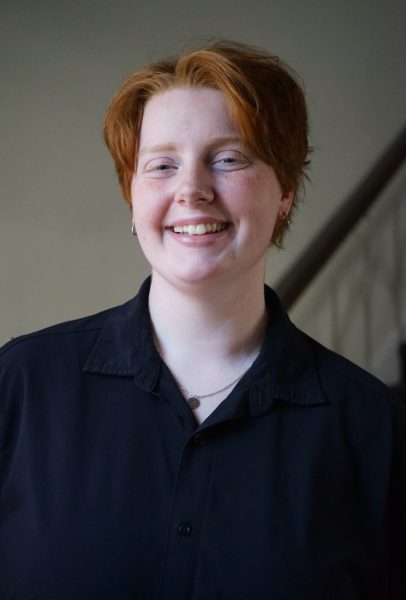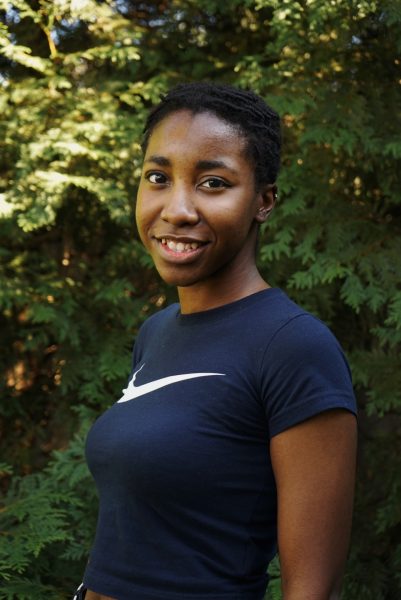Students face issues with study abroad scholarships
May 1, 2023
Due to an influx of interest in the University of North Alabama’s study abroad opportunities, the Office of International Affairs – Global Learning has faced issues getting scholarship money for students to go on international trips this summer.
According to Dr. Butler Cain, the Assistant Vice Provost for International Affairs and the Director of Global Learning, the current budget for study abroad scholarships, which comes from the provost office, is $200,000. With this budget, the amount each student is able to receive in scholarship money is $1,600. The funds are administered by the International Programs and Offerings committee through an online application process.
“The idea is, as long as there is budget available, we want these students to be able to get these scholarships,” said Cain. “If everything’s good, we want you to have it. It’s less about finding a way to get rid of you. We want people to be able to access these funds.”
In 2020, however, the program got put on hold because of COVID-19, and no study abroad trips took place that summer or the summer of 2021 as a result. For the summer of 2022, the university made the decision to bring back international trips, but the amount of students who applied for scholarships did not meet the total amount offered by the budget. 2023’s application process was a different story.
“For 2023, we said we were doing it again, and what we ended up experiencing was unprecedented in the last several years,” Cain said. “We had a significant increase in education abroad programs being offered, and in the number of students who were applying. What we had in effect was such a number of students applying that there was no way to get it to everybody. Last year, I believe in total we had between four and six trips, and this year we have around 14. This is a significant increase in the number of trips that are going, which is fabulous, because that’s what the university wants to happen.”
With increased student interest in going on these trips, the IPO committee was working on a two-deadline system. In the fall, they approved around 125 applications, which took up the entire $200,000 budget. In the spring, over 100 more students applied, but they were unable to receive scholarships from the exhausted budget.
In order to get students as much scholarship money as possible, even if it did not match the original $1,600 amount, other avenues were explored. Academic colleges and the Office of International Affairs came together to find the funds to help out the students who had applied for these scholarships.
Cain feels that the challenge posed by this influx of student interest is a good thing because it means that they will have to work to figure out how to provide even more students with opportunities in the future.
“We’ve had such enormous success in the programs being offered and students wanting to go on those programs,” Cain said. “The discussions now at the IPO committee are about the split application process not working, so let’s make that one. Also, let’s start having discussions, just so everybody on campus is aware that we might have demand again next year that may exceed allocated budgets. How do we want to handle that? Those are the discussions that we’re having now. It’s actually a good challenge to have. We have so much interest, and we’re trying to figure out how we can accommodate that interest through the process and through other mechanisms across campus.”
The IPO committee is now looking at moving to a singular application deadline, which would be set around late January. This gives the academic colleges time in the fall semester and early in the spring semester to get their trips approved and start promoting them to students.
The IPO committee will begin exploring options for more funding for the program. Discussions might also have to be had about limiting the number of programs offered each summer in an effort to allow as many students as possible to receive scholarships.
“I think it’s exciting that we have the level of interest that we have,” Cain said. “There are always going to be some hiccups with this kind of thing. Even once we start addressing this, we may still not have everything worked out. Sometimes, these processes may take two to three years before we really get everything in place and humming. We do have the capacity to make some immediate changes that will address some issues, but may not address all issues, and that’s okay. We’ll be doing what we can in the short term with the continuing conversations of some of the long term stuff.”




